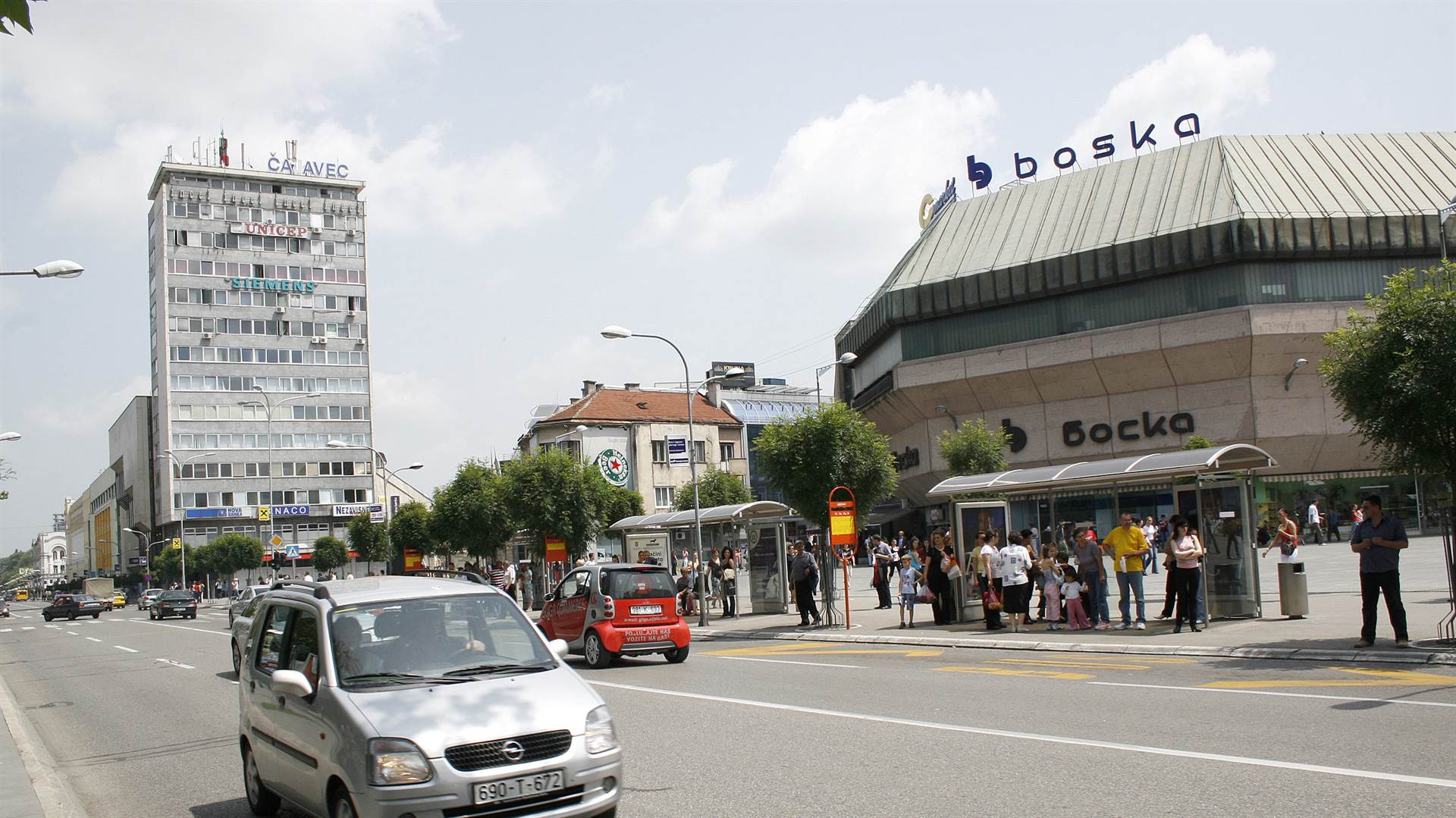This post is also available in: Bosnian
Court expert Muhamed Ahmic, who prepared the findings and opinion about the injured party’s mental health, as per a request by the Sarajevo Cantonal Prosecution, said that he determined, on the basis of a psychiatric interview and medical documentation, that Klaric suffered from PTSD.
I spoke to Klaric on July 12 this year. I determined that he was subjected to long-lasting physical and mental torture. He suffers from chronic PTSD. His symptoms are now less intense than before. He was on therapy for about two years, Ahmic said before the Cantonal Court in Sarajevo.
The court expert pointed out that Klaric’s mental condition was caused by wartime events, adding a particular event that took place in November 1995 could have influenced his health too.
The event that is discussed at this trial certainly had a significant influence on the development of PTSD. Highly educated people find it more difficult to cope with the loss of their positions than common workers. In Klaric’s case, PTSD is manifested through nightmares, feelings of fear and uncertainty, the court expert specified.
The indictment alleges that, at the beginning of November 1995 Djajic ordered policemen to bring Srecko Klaric to the police station under the excuse of an informative interview. Once he was brought to the Station, he told him that he had to leave his apartment and the territory of Republika Srpska, considering the fact that he was a Croat under the threat of liquidation.
When Klaric refused to leave his apartment, Djajic cursed his Croat mother and punched him on his face. After having been hit, the injured party fell off the chair, while other policemen continued hitting him with their legs and fists, the indictment alleges.
It further alleges that, following the beating, Djajic, the then crime inspector with the Public Safety Station in Ilidza, drove the injured party to a checkpoint at Kobiljaca, which was controlled by VRS, and handed him over to a soldier, who escorted him to a local road and told him not to step out of it, as the area was mined.
Responding to Defence’s questions, the court expert said that it was not possible to determine the extent to which this event, other wartime happenings in Ilidza and the loss of his only son after the war influenced the injured party’s health condition in percentages.
I treated his mental condition as it is today. ( ) In psychiatry, it is not possible to grade different events. I have considered the situation as a whole, Ahmic explained.
The trial is due to continue on August 31.
A.S.

